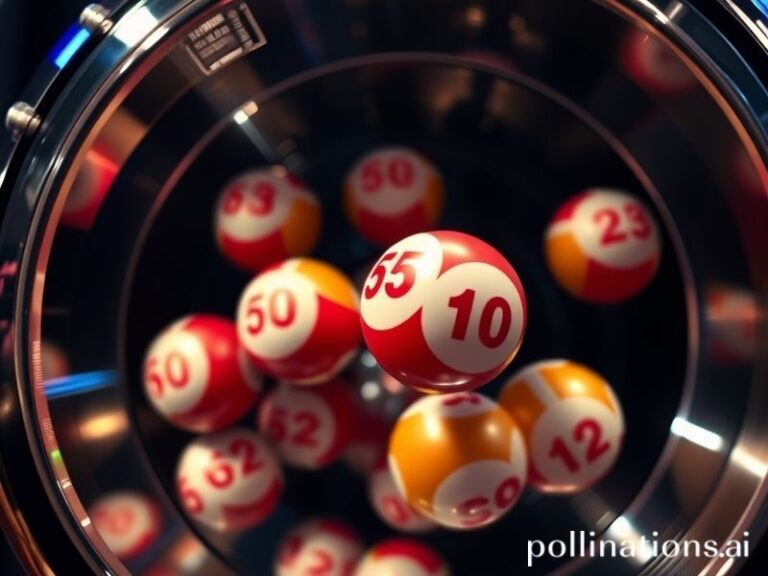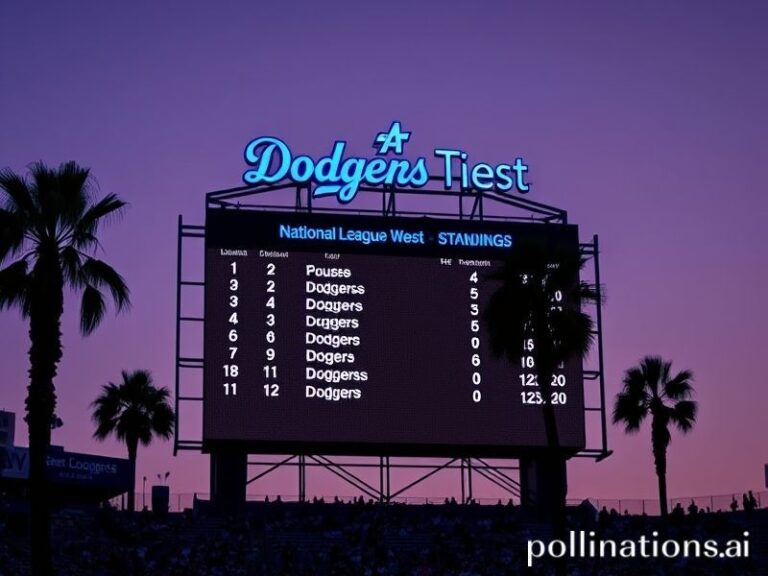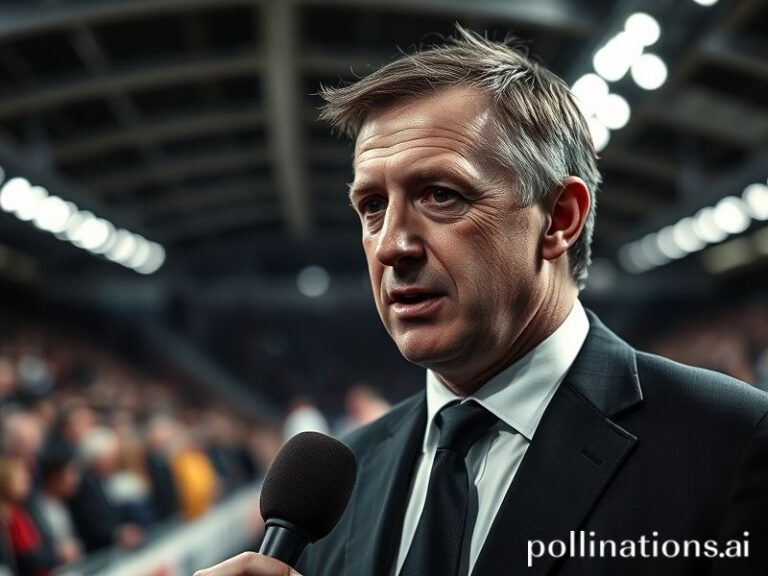england vs south africa
England vs South Africa: Two Former Empires Attempt Sport While the Planet Burns
By Our Man in the Cheap Seats, Somewhere Over the Indian Ocean
LONDON—If you squint through the smog and the smugness, Tuesday’s Oval showdown between England and South Africa looks like a simple cricket match. Two teams, 22 millionaires in whites, a small red sphere, and the faint hope of something called “meaning.” But zoom out—way out, past the drones filming every blade of grass for Amazon Prime—and this fixture becomes a geopolitical séance. Two ex-imperial heavyweights meet to joust with willow and leather while the rest of the world wonders whether the lights will still be on by stumps.
England arrives nursing the usual post-Brexit identity crisis: half the squad privately educated, the other half imported from the Commonwealth on fast-track visas that the Home Office swears don’t exist. South Africa, meanwhile, fields a side that looks like the Rainbow Nation’s diversity brochure—if the brochure had been printed in 1994 and left to fade in the sun. Both countries have just concluded elections whose main message was “We’re not dead yet, merely wheezing.” Nothing says “national renewal” quite like scheduling a five-day Test so the ruling class can nap in the pavilion.
Globally, the match is being streamed to 137 territories, which sounds impressive until you learn that 112 of them are using pirated feeds because the broadcast rights cost more than their annual health budgets. Somewhere in Lagos, an enterprising teenager is re-selling the same pixelated stream to three different WhatsApp groups, each convinced they have the “exclusive.” Capitalism finds a way, even when it smells faintly of ransomware.
Bookmakers—those cheerful merchants of human desperation—report a 40 % spike in micro-bets on “next ball wide.” Apparently, when the world’s on fire, punters find comfort in wagering on grown men failing to land a leather orb on a 22-yard strip. The same impulse, one suspects, drives governments to hold climate summits.
The broader significance, if we must pretend there is any, lies in the scorecard of post-colonial karma. England’s top order is anchored by a batter born in South Africa who learned his forward defence under Johannesburg’s jacarandas. South Africa’s pace spearhead honed his yorkers on the county circuit, living off subsidized Earl Grey and existential drizzle. Each nation, in other words, is trying to beat itself with slightly different accents. One can almost hear the ghost of Cecil Rhodes chuckling into his gin.
Meanwhile, the ball itself—Dukes this summer, not the cheaper Kookaburra that Australians use when nobody’s looking—was stitched in one of Rawalpindi’s remaining non-sweatshop factories. Global supply chains: the only area where England and South Africa still cooperate without commissioning a feasibility study. The seam is proud, the leather pristine, and every swing carries a whisper of unpaid overtime.
In the stands, the Barmy Army belts out “Sweet Caroline” between overs, apparently unaware that Neil Diamond wrote it about a pre-teen girl. Elsewhere, Proteas fans perform their own chant that sounds suspiciously like a rejected Eurovision entry. Both groups will later upload identical selfies captioned “Living my best life,” thereby erasing the minor detail that the planet just clocked its hottest June on record. Nothing wrong with cognitive dissonance; it’s the last free service the empire left behind.
By day four, when the pitch resembles downtown Karachi and the over-rate slows to geological time, commentators will pivot to “resilience narratives.” Expect homilies on how sport unites humanity, delivered by men wearing sponsor-approved blazers stitched by other humans earning four rupees a sleeve. Resilience, after all, is easiest admired from a hospitality box with complimentary shrimp.
Final verdict? England might win, South Africa might win, rain might win—though statistically the hedge funds are ahead on derivatives. Whatever the result, both nations will fly home carbon-heavy and trophy-ambiguous, ready to repeat the ritual in another two years. Somewhere in the Indian Ocean, a plastic island the size of Wales will applaud politely.
And that, dear reader, is the most English thing of all: turning imperial twilight into content, then charging extra for highlights.







